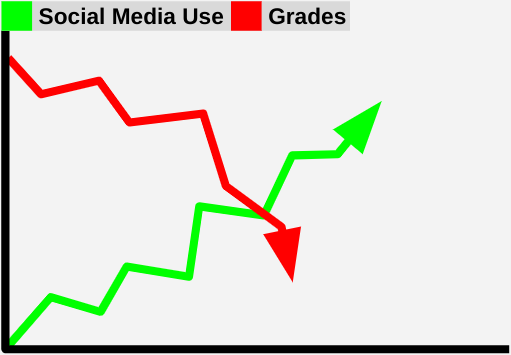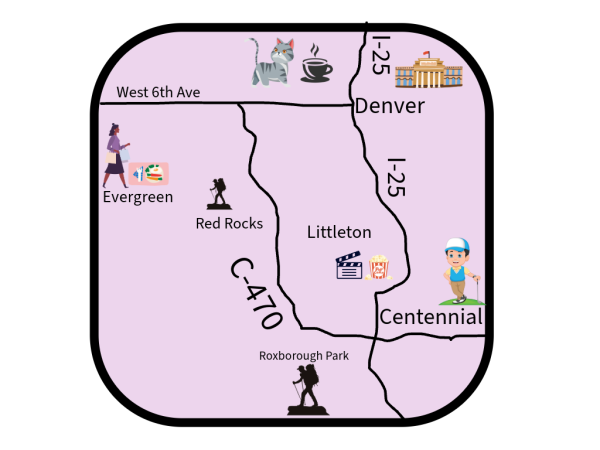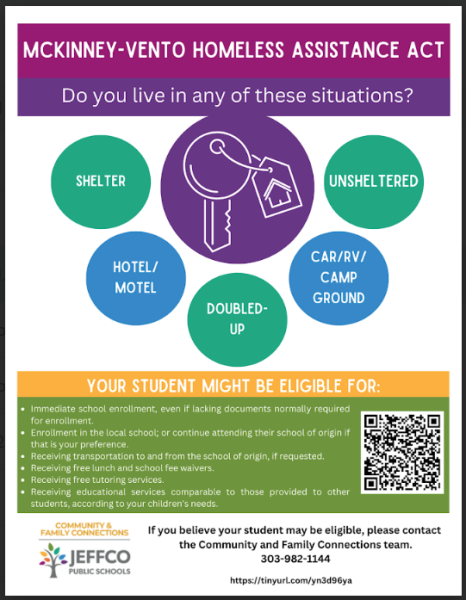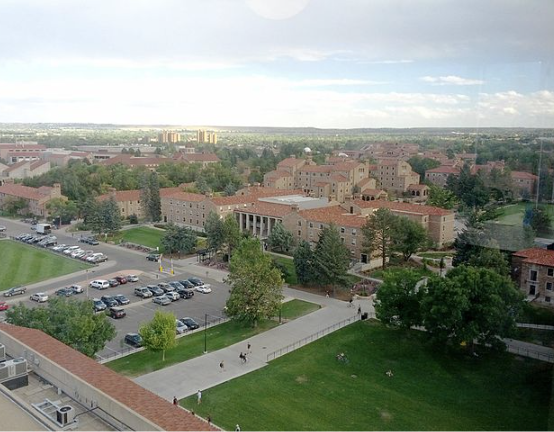Senioritis is Real — But You Can Manage It

Seniors are beginning to suffer more from senioritis the closer students get to the end of the semester.
April 28, 2022
As the end of the second semester rolls around, the halls become plagued with decreased motivation to attend school and attempt the assignments among seniors. Everyone is aware of the term “Senioritis,” and many seniors are beginning to feel it after spring break as well as the recent senior meeting about graduation.
Senioritis is the term used to describe the lack of motivation and interest in school for those in their last year of high school or college. Many seniors will experience symptoms such as lack of incentive, procrastination, and loss of interest or pride in their work. People with senioritis will begin to have a drop in grades and attendance purely due to the idea that they do not have to work as hard anymore since they are so close to completing their education.
Seniors at Dakota Ridge High School claim they are feeling the symptoms of senioritis hard as the end of high school gets closer, and many are stressed about the fact that it could affect their graduation.

(Image Credits: barrycdonovan)
In a small survey done on seniors at Dakota Ridge High School, 88.9% of high school students claimed that they believe senioritis is a real thing, with the other 11.1% believing that there could be a possibility of it being true.
Kat Smith, a current senior at Dakota Ridge High School, and one of the students surveyed, said, “I have straight D’s and an F which has never happened before.”
Many feel the same way. Another Dakota Ridge student, Meghan Simpson, said, “We are so close to being done and having tunnel vision on graduation and freedom and forget about the fact that we still have a month of school.”
The survey results also showed that many students believe they, personally, do have senioritis. In fact, 94.4% of students surveyed believe that they have some level of senioritis, with 27.8% of people claiming they have the worst level of it.
Is it real?
So many students claim they feel the phenomenon of torture and suffering in their senior year, yet teachers and parents alike will continue to ask the same question, “Is senioritis real?” Well, it is a difficult question to answer because researchers are conflicted about the results. However, the short answer is yes.
Senioritis is technically not a real physical condition that can be treated with a doctor’s visit or medication; however, studies have shown that students in their last year of school do show psychological symptoms similar to those defining senioritis.
In an article about senioritis by JRN, Dr. Stacy Bieke, a psychologist at Abaris Behavior Health, explains that senioritis is a “real phenomenon” that affects students everywhere; however, it is still not considered a real diagnosis in medical history yet. Dr. Robert Kender, another psychologist at Abaris Behavior Health, claims that it is considered a situational depression, which can affect people differently.
Everyone feels senioritis differently. One of the main causes of senioritis is stress. Many feel stress about their future after high school, the feeling of perfectionism, and overall how their education now will impact their future. Because of these stresses, students feel something similar to burnout, which, when a majority of seniors have it, creates a wave of senioritis among students in high schools across the country.
In many articles written about senioritis, it is usually referred to, or is claimed to be, a form of burnout because of their similar causes. Both burnout and senioritis are usually due to the overwhelming stress people feel from constantly having to do work with almost no end. Because of this, the person eventually gives up or does not put in the same amount of effort as they would in the beginning. Although both have similarities in symptoms and cause, many consider them to be two different things because of how much senioritis varies from person to person.
Despite the term not being a formal medical diagnosis yet, the phenomenon of senioritis has been proven to be real psychologically. Many will feel symptoms similar to depression; however, it may vary.
How can we help it?
If senioritis, or at least the phenomenon, is real, then how can you help reduce it over the next few weeks?
- Keeping yourself motivated is number one; however, it’s pretty obvious that students with senioritis have no motivation to do such, so keeping track of what is important should be a number one goal. Using apps such as Finch, Forest, or Aloe Bud can be a fun and rewarding way to motivate yourself to complete tasks.
- Another way to motivate yourself through the overwhelming amount of work is to organize yourself. Simply writing down your classes along with your assignments due in each one can help. Highlighting each assignment by importance can also help you stay on track to prioritize what will affect your grade the most.
- Changing up your environment is also an important factor in these last few weeks. Many people choose to do their homework in the comfort of their beds; however, it has been proven that when you put yourself in a less comfortable environment you are more likely to grow in your success. In a study done by CellPress, it was found that when people were put into new or uncomfortable situations they were more likely to remember images shown than people who were put into familiar situations. If possible, try doing school work on your dining room table, at a desk, or anywhere that may be a new environment for you.
- The last and most important thing you can do in these last few weeks is to take care of yourself. Taking a small five-minute break to walk around your house or stretch can really help your mental state. Focusing on your goals and taking a moment to breathe can help shift you back into a content and focused state.
Senioritis is a real and valid concern for students. It can be difficult for you as you begin to reach your last few weeks of school, but it is important to stay focused on yourself and your personal goals for your education. Remain focused on previous and future achievements to stay motivated through the last stretch of high school, and be proud of all that you have accomplished.












